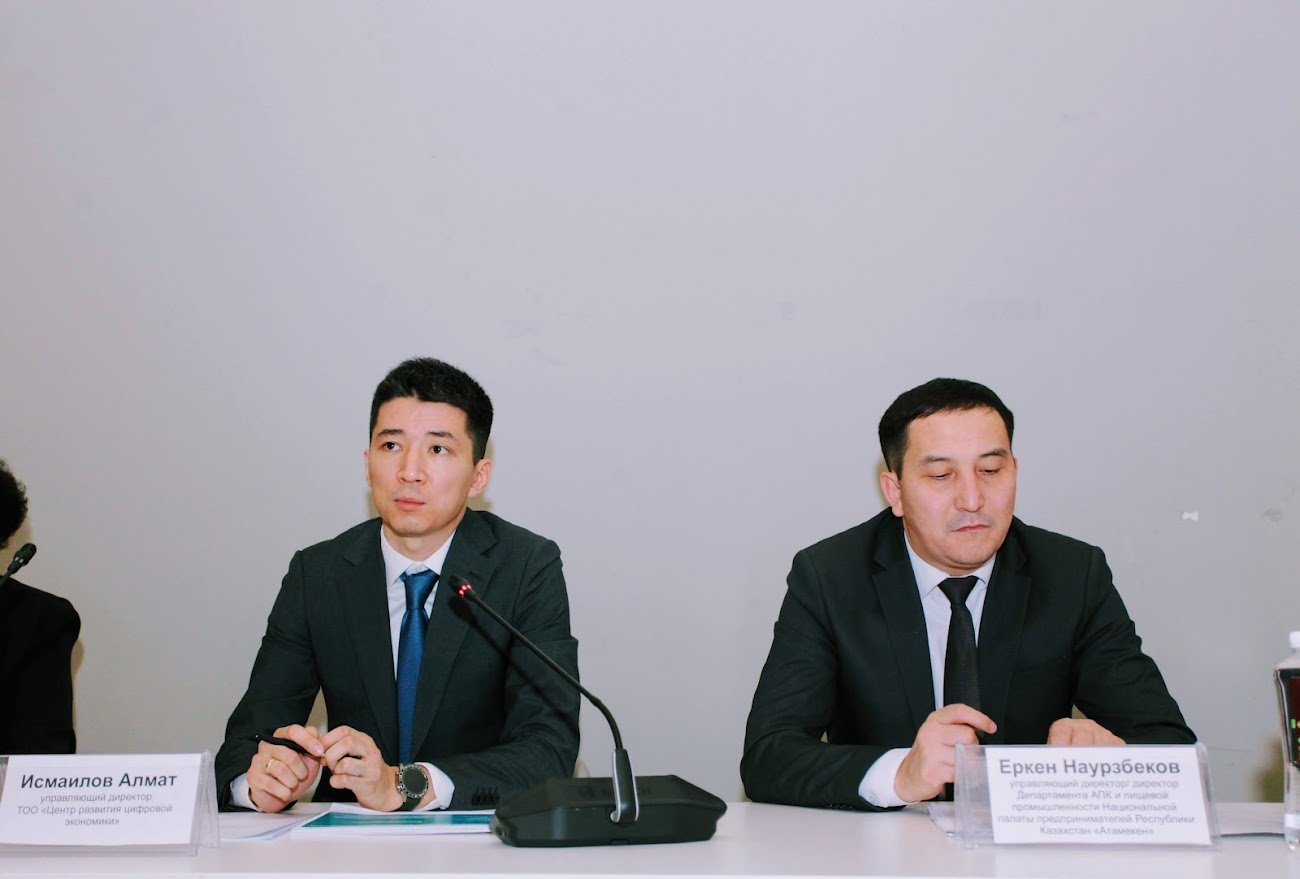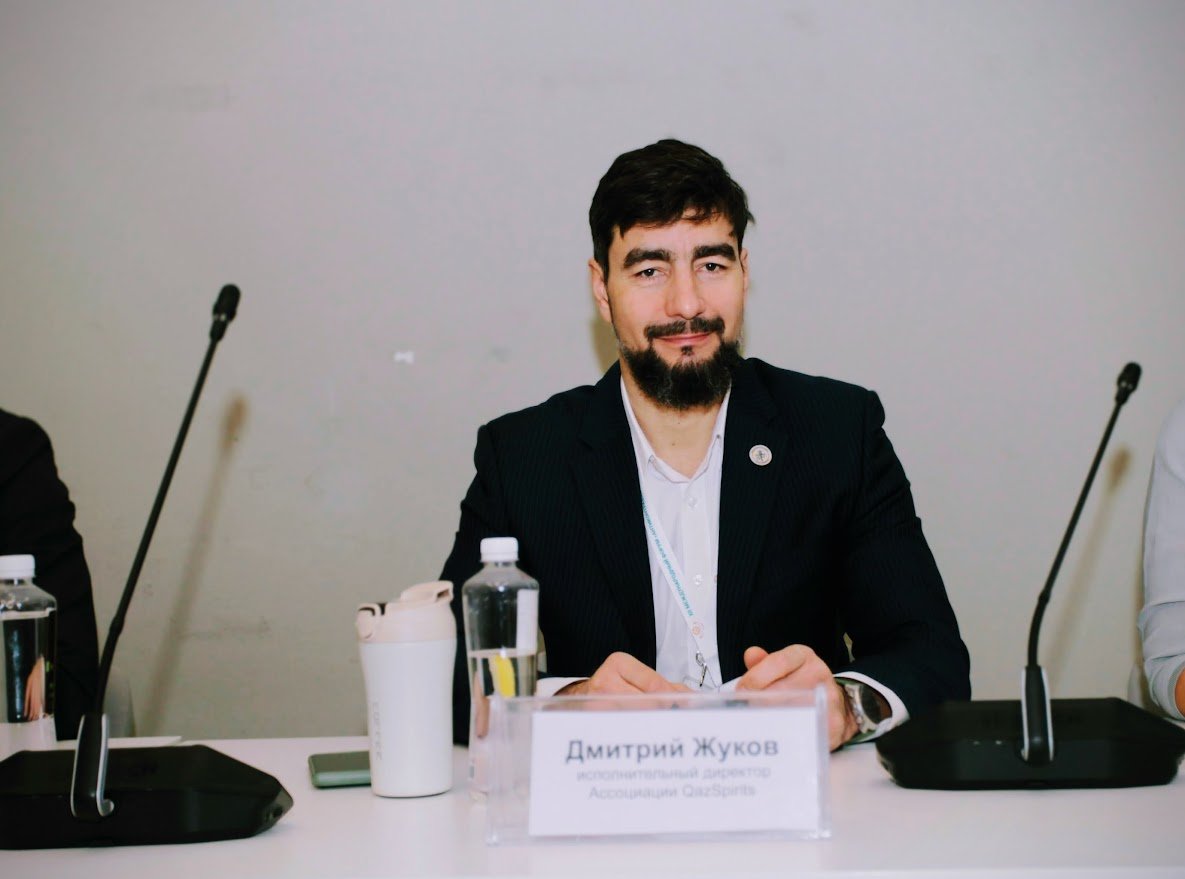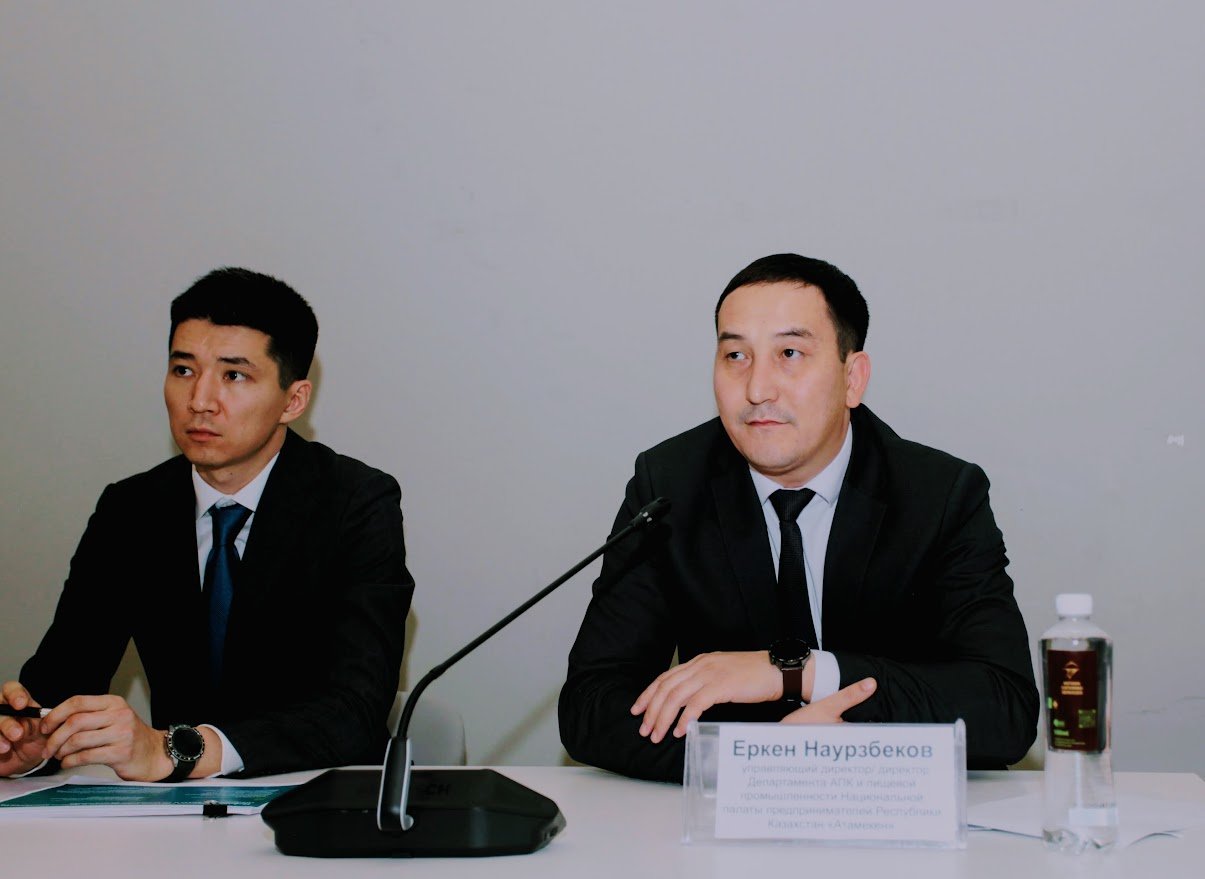Deadly smoke: how smuggled cigarettes harm consumer health and devastate the economy.

The danger of counterfeit and smuggled nicotine products was vividly explained by the Managing Director of the "Digital Economy Development Center" LLP, Almat Ismailov:
“Imagine a situation: you are buying a medication, and it is crucial for you to know whether it is an original product or not, and if it was manufactured by the company indicated on the packaging. Since I am taking the medication internally, it is important for me to know what will happen to me. But we can only speculate about the consequences of consuming counterfeit products.”
When it comes to economic damage, researchers report that the total amount of uncollected tax revenues from the sale of smuggled tobacco in the EAEU countries is growing annually and has already approached $1.9 billion.
In Kazakhstan, the economic damage from this type of smuggling amounts to 32 billion tenge ($69 million), while the figures in Russia are even more dramatic — 130 billion rubles ($1.4 billion) in uncollected taxes.

Executive Director of the QazSpirits Association, Dmitry Zhukov, noted that the illegal turnover of cigarettes in Kazakhstan is growing rapidly. According to independent research agency NielsenIQ, the volume of the illegal tobacco market in Kazakhstan has tripled over the last three years.
“Naturally, such a trend cannot help but raise concerns. This year, the illegal turnover accounted for about 12% of the entire tobacco market. This is a serious blow both to business and to the state,” emphasized Dmitry Zhukov.
According to him, one of the popular smuggled brands in the Kazakh market is Oris, which is legally produced in the United Arab Emirates. However, the cigarettes are delivered to Kazakhstan without paying excise duties.
Experts explained that one of the working schemes is as follows: first, the illegal cargo is transported by ferries from the United Arab Emirates to Iran. Then the goods are transferred to trucks and sent in transit through Iran, Afghanistan, and Tajikistan. In the Sughd region, the cargo crosses the Tajik-Kyrgyz border, passing through Osh and Bishkek. From the capital of Kyrgyzstan, illegal cigarettes seep into Kazakhstan through five main border checkpoints — “Aisha Bibi,” “Kordai,” “Syptai Batyr,” “Grodikovo,” “Kegen” — and then continue in transit to Russia, partially settling in the Kazakh markets.

“The scale of tax losses from illegal products is colossal. To find solutions for protecting the market from counterfeit products, it is necessary to unite the efforts of the authorities, businesses, and the public. An operational headquarters has been established within the State Revenue Committee to combat smuggling and counterfeiting, one of its tasks is to unite the efforts of all market participants. The headquarters accumulates all operational information about the shadow turnover from producer associations and government bodies, and then develops solutions,” shared the Managing Director of the NPP “Atameken” Erken Naurzbekov.
Experts also emphasized that the problem of smuggling is transnational in nature. According to Svetlana Kvasova, advisor to the president of the Russian association “Anticounterfeit,” the overall damage from the illegal turnover of tobacco products in the EAEU for 2023 has exceeded $3 billion:
“We believe that it is necessary to create a special coordinating body to combat the illegal turnover of industrial products, including tobacco — an expert-consultative council under the advisory committee on customs regulation of the Eurasian Economic Commission. Such a council would unite the efforts of all interested parties, enhance the level of coordination, and improve the effectiveness of information exchange and best practices,” Svetlana Kvasova believes.
At the press conference, a number of measures aimed at combating illegal trade were presented. Among them:
- Development of a balanced excise policy based on scientific approaches.
- Strengthening control at borders — experts note that combating smuggled products requires a comprehensive approach, including tightening control at Kyrgyzstan's borders during cargo inspections and enhancing preventive work with wholesale traders in markets, as well as strict suppression of transportation from Tajikistan to Kyrgyzstan and in border areas in Kazakhstan.
- Implementation of digital labeling of products and mobile applications for checking the legality of goods.
“Illegal goods can already be detected using a free mobile application. We see significant potential for applying such solutions, including in the fight against illegal tobacco products,” noted Almat Ismailov, Managing Director of the "Digital Economy Development Center" LLP.
As the conference participants noted, within the framework of the EAEU, Russia's experience, where penalties for the illegal import of tobacco products will be introduced in April 2024, including up to five years in prison, could serve as an example for other countries.
“A response to the current situation could be changes in legislation and increased accountability. The replication of such measures in EAEU countries, along with tightening control and oversight procedures, can eradicate the prerequisites for illegal turnover in the shortest time possible,” believes the Managing Director of the NPP Erken Naurzbekov.
Thus, successful efforts to combat the smuggling of tobacco products can not only reduce the volumes of the shadow market and ensure additional revenues to the budgets of EAEU countries but also prevent premature mortality associated with counterfeit products.
The "Anticounterfeit" forum is taking place in Astana over two days. This platform is recognized as the most significant and large-scale for developing solutions against the spread of counterfeits and falsifications in the EAEU territory. The forum has been held annually since 2012. Over the past years, it has been hosted by Moscow, St. Petersburg, the capitals of Kazakhstan, Belarus, Armenia, Kyrgyzstan, and other countries.